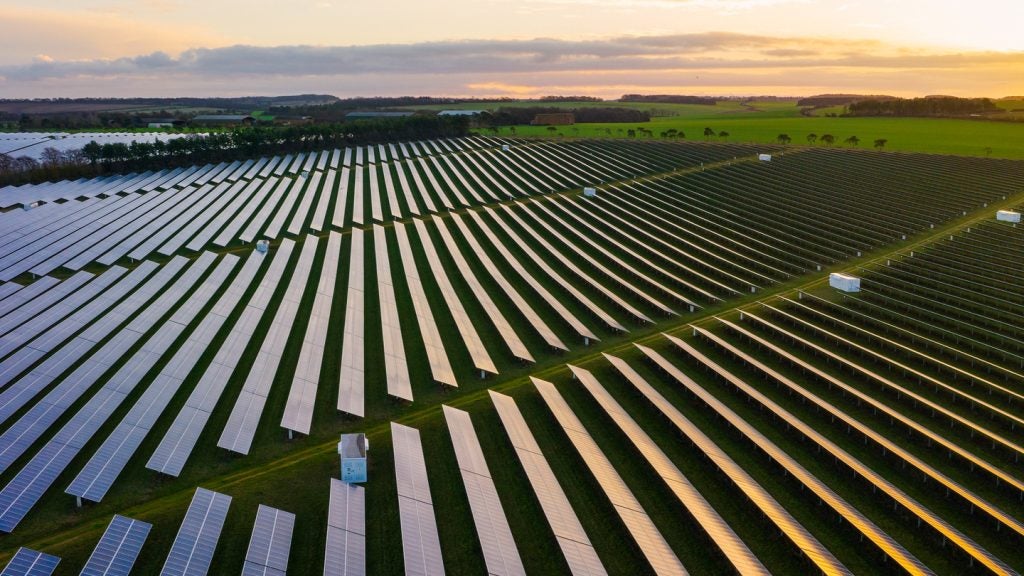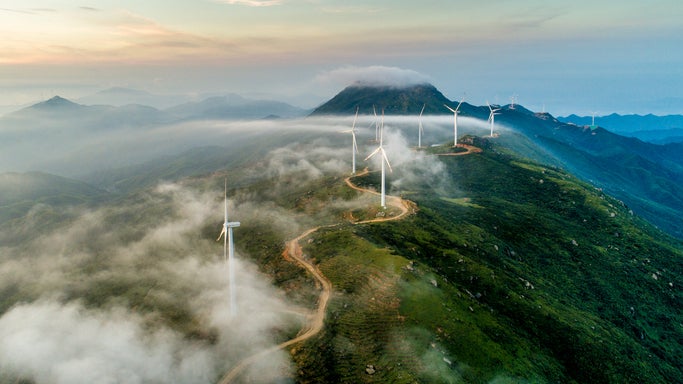Investments in clean energy can act as hedging tools, offering potential stability and growth, particularly during volatile market conditions, according to new research.
In a paper published in the Energy Economics journal, researchers at Pusan National University in South Korea looked at the relationship between clean energy indices and major international stock markets, particularly under extreme market conditions.
They found that clean energy assets have an advantage because they aren't affected by the parameters that influence their traditional stock market counterparts.
"Investors seek to protect their portfolios from volatility by diversifying with assets that don't follow the same trends as traditional stocks,” said the paper's lead author professor Sang Moon Kang.
"Clean energy assets are promising for this purpose because they are influenced by different factors, such as government policies and technological advancements in renewable energy."
Green bond markets are also expanding
Global energy investment is set to exceed $3trn for the first time in 2024, with $2trn going to clean energy technologies and infrastructure, according to the International Energy Agency.
Almost two hundred countries agreed at the COP28 gathering last year to triple renewables and double energy efficiency.
Growing interest in clean energy investment has seen the rapid expansion of new markets. Total issuance in the green, social, sustainable and sustainability-linked bond markets has grown to more than $3.7trn.
The study found that financial shocks often start in major markets like the US, the EU and the UK, as well as from indices such as the Renewable Energy and Clean Technology Index, and then flow to markets in Japan and the Global Clean Energy Index.
These ‘spillovers’ of investments tend to be longer-term in times of volatility, the study found.
"Heightened awareness and better understanding of the spillover effects between these markets can drive policy decisions that support sustainable economic growth and environmental protection, ultimately fostering a more resilient global financial system,” said Kang.















